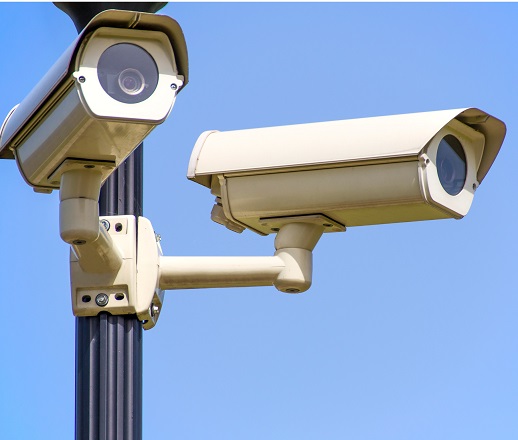


When the Internet was developed, it was assumed it would be a "trusted network." This means that everyone connected at that time was a trusted partner who would never do anything to damage or abuse the network. A lot has changed since those early days and today there are many "bad actors" using the Internet for criminal purposes
You don't have to be a bank to have sensitive customer data in your files. Today, there are hackers around the world trying to steal any information they can get on your customers. You have a responsibility to protect this data with the best possible security. Many times criminals will target small companies and non-profits thinking that they will be more vulnerable than large companies.
Computer viruses and malware can enter an unprotected network through a wide variety of sources. These programs can rob your company of valuable data and rob you of employee productivity. Our professional network security software and hardware firewalls can protect you against these constant threats.
Our tools will automatically and proactively scan your systems 24 hours a day, 7 days a week to protect you against threats. Our systems will check for out of date software that might be vulnerable. It will scan for malware and viruses. It will look for any patterns or bahavior that might indicate a weakness.
This type of attack is carried out by unskilled hackers, sometimes called "script kiddies" because they are often young and buy their hacking scripts or programs from sites on the internet. They don't really posses any serious skills themselves and often don't fully understand the network they are attacking. They are simply looking for soft opportunities to cause problems or rank up successful hacks.
This type of attack is carried out by individuals will actual computer and network skills. They are often targeting specific companies or industries looking for some particular information or exploiting a known weakness. They are interested in making money off their efforts or getting back door access to additional networks.
This type of attack is one that you must pay the most attention. The attacker takes advantage of human vulnerabilities by sending email or even making telephone calls trying to get your employee to take some action that will give them access to your network. It might be an email pretending to be from a trusted source asking them to click a link or open a file. It might be a telephone call from someone posing as a company official asking for network credentials. Good firewalls protect against a high percentage of the email theats but not 100%. You must have regular training for your employees and regular testing.
Phishing is one type of social engineering attack where the attacker pretends to be a trusted authority and requests sensitive information that can give them access.
theats but not 100%. You must have regular training for your employees and regular testing.As the name implies, in this attack the attacker listens to unencrypted network data looking for sensitive information such as passwords that are sent in an unsecure fashion. Believe it or not, it can also include a outsider walking through your office and looking for credentials posted on computer screens.
These types of attacks require a much higher level of sophistication including sophisticated hardward and knowledge. These types of attacks are typcially handled by your internet service provider.
Again, these types of attacks are much less common and are typically aimed at larger institutions.
This type of attack requires a sophisticated attacker with knowledge of weaknesses in certain versions of popular software. Your best protection is a good firewall and keeping your software up to date to make sure that you aren't vulerable.





